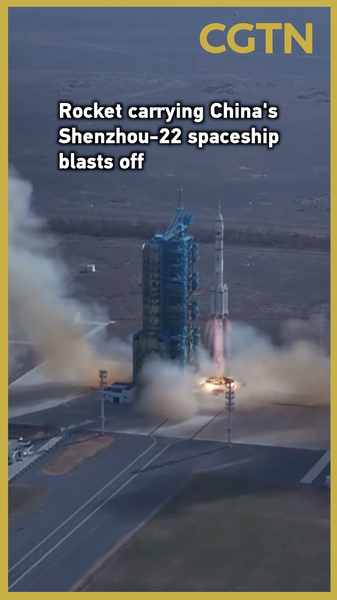This week, the Chinese mainland launched its Shenzhou-22 spacecraft into orbit, marking the most recent step in an ambitious human spaceflight program. The ascent, covered live by state broadcasters, highlights rapid progress in crewed missions.
Business and tech communities across the G20 are watching closely, eyeing potential breakthroughs in space-based research and technology spinoffs. Young entrepreneurs in emerging markets see opportunities in satellite services, while sustainability advocates consider how innovations in life-support systems could translate to Earth-based solutions.
Thought leaders and changemakers note that Shenzhou-22’s success reinforces the importance of international cooperation in space exploration. As geopolitical tensions persist, the mission offers a reminder of science’s power to unite diverse stakeholders.
For sports and entertainment fans, space launches have become global must-see events, streamed live and shared across social platforms. This mission is no exception, drawing millions of eyes—proving that, whether in orbit or on Earth, shared experiences can bridge cultural divides.
Travelers and digital nomads looking for immersive adventures might soon have another frontier: space-inspired tourism. Though civilian journeys remain on the horizon, missions like Shenzhou-22 lay the groundwork for a new era of exploration—reminding us that, even in 2025, adventure still awaits beyond our skies.
Reference(s):
Asia News Wrap: China's Shenzhou-22 spacecraft launched, and more
cgtn.com



